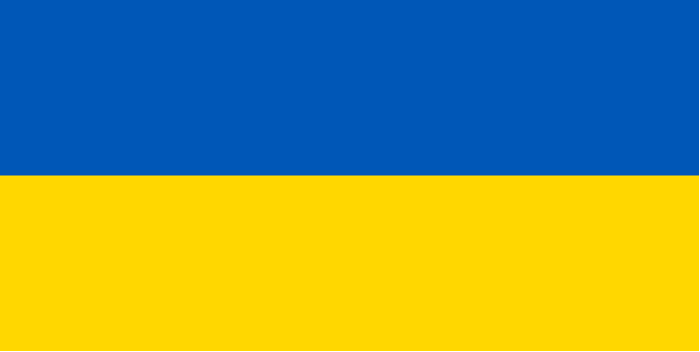«We live under the sign of hygiene»: professional congresses of the second half of the 19th – beginning of the 20th centuries. and development of hygienic movement in Galicia
DOI:
https://doi.org/10.15421/271912Abstract
From the middle of XIX century hygiene became an autonomous scientific and professional discipline and a methodological approach for embodiment a public health idea. Hygienists created their own professional environment and combined elements of social and professional movements in their work. The community of hygienists composed not only of physicians but also included engineers, pharmacists-chemists, teachers, etc. Spreading of infectious epidemic diseases stimulated searching how to resolve this «suprastate» problem in international hygiene and sanitation congresses.
The hygienic movement became more dynamic and visible in the late 19th – at the beginning of the 20th century in Habsburg Galicia. Here movement emerged mainly in the Polish professional environment. Most of the hygienists worked in the medical field. In this area, the role of one of the most important institutions since the 1860s played by congresses of Polish physicians and naturalists. The article analyzes the role of these conventions in development of the hygienic movement in Galicia. Besides hygiene and public health issues, which were discussed during each gathering, an idea of independent hygiene congress and creation hygienic societies also were in the list of priorities. Hygienists from Warsaw were leaders in popularization these ideas among colleagues. In response to convention’s decisions local hygienists established hygienic societies in Lviv and Krakow. Finally, the first congress of Polish hygienists was held in 1914 in Lviv. One of the main organizers was Lviv hygienic society. In the same time, more and more experts from other fields joined a community of hygienic activists. Engineers and technicians organized the first urban construction and hygiene convention in 1912 in Krakow. Convocation of these congresses marked a crystallization of hygienic movement idea in Polish professional group, but also in Galicia in general. Although, congresses were «Polish», a little number of experts from other nationalities also took part in gatherings. Ukrainian response to these events was ambiguous, especially since the beginning of the 20th century. The rise of national movements cased «nationalization» all scientific and professional areas, including hygiene, and blocked shaping the unified hygienic movement in Galicia.





